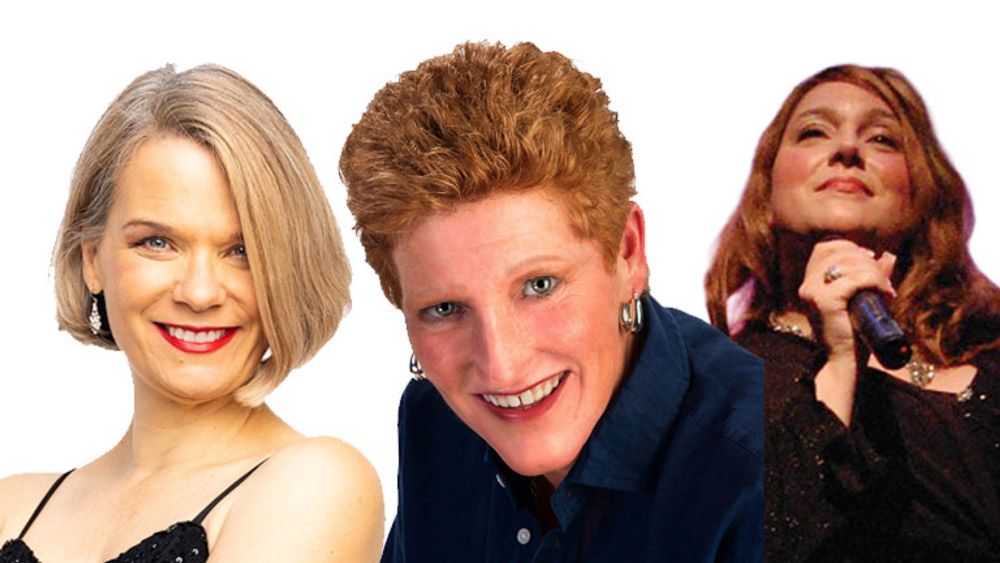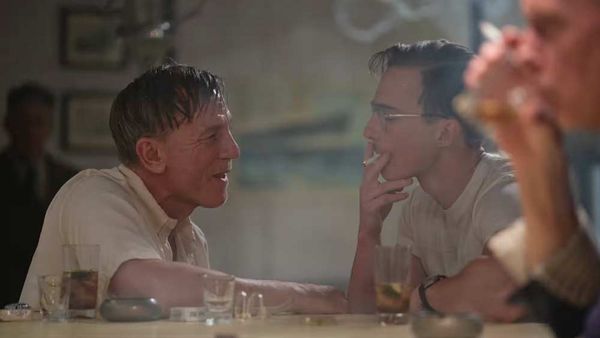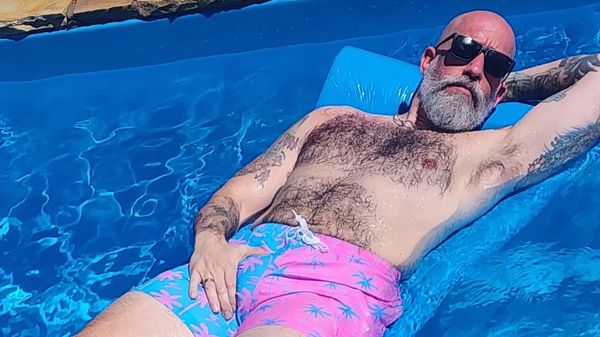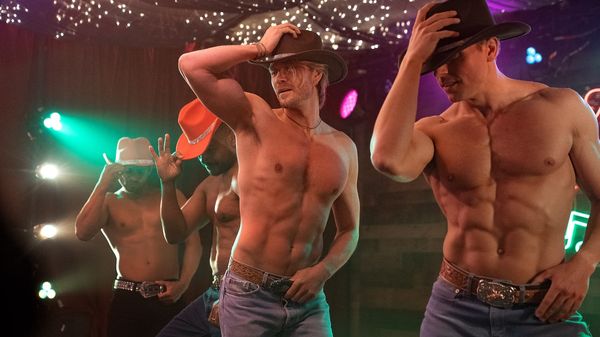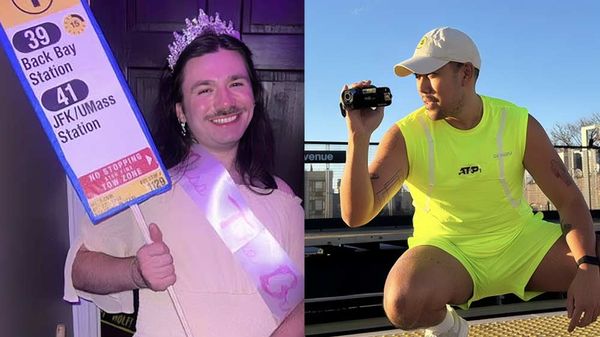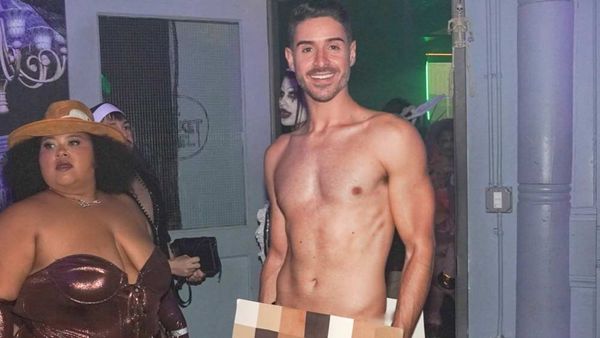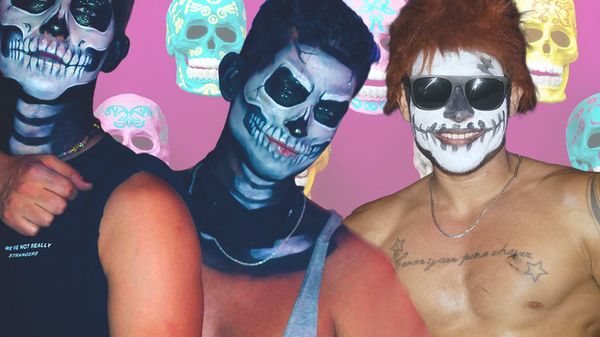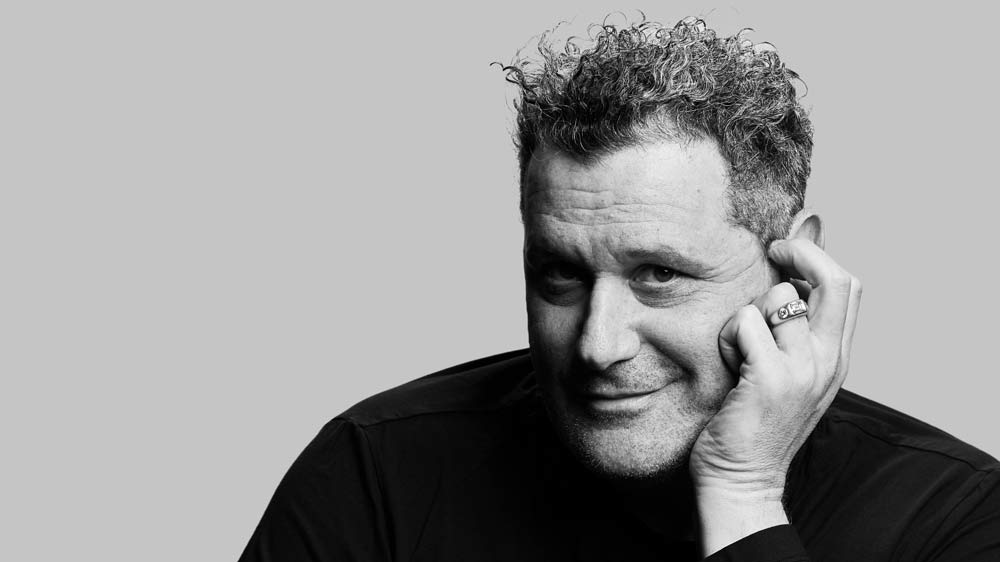
Aug 21
EDGE Interview: Isaac Mizrahi Returns to His First Love with Latest Cabaret Show
Nicholas Dussault READ TIME: 15 MIN.
Isaac Mizrahi is undoubtedly a fashion icon, but he's also an author, talk show host, podcast host, and judge on the entire series "Project Runway All Stars." Ironically, the four-time Council of Fashion Designers of America (CFDA) award winner might be called an accidental icon as he entered the fashion world at the last minute because of his own limiting beliefs that he could never make it in his first profession of choice: Acting.
Mizrahi has been somewhat quietly making this dream come true with a string of successful cabaret performances that include a residency at the ultimate New York room, the Carlyle. His vocal prowess was front and center when he played the role of Amos Hart in the Broadway production of "Chicago." An earlier one-man show he wrote, designed, and performed ran for two years in the Village. He referred to this period as "the greatest time of [his] life."
He will be performing his latest show, "Isaac Mizrahi: A Brief History," at 54 Below in New York City August 28-31. The program promises music ranging from Billie Eilish to Cole Porter, and subjects such as social media, politics, and "a good deal of insider tea," all no doubt delivered with his delicious wit and impeccable comic timing. He will also be joined by a number of special guests: Jake Cohen (two-time The New York Times best-selling author) on Aug 29; Storm Large (Pink Martini, "America's Got Talent") on Aug 30; and Lea DeLaria ("Orange is the New Black," "POTUS") on Aug 31. (For ticket information, follow this link.)
EDGE recently had the chance to chat with the actor, singer, and comic (who also dabbles in fashion and media) as he prepares for his upcoming engagement at 54 Below.
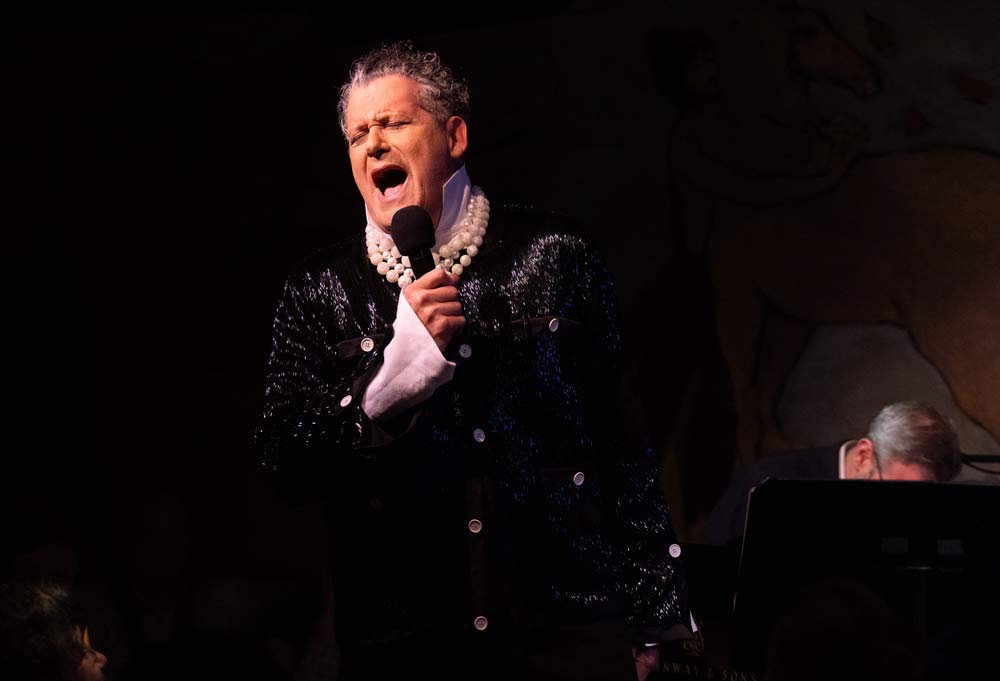
Source: David Andrako
EDGE: When I was preparing for this interview, I realized that most of what I know about you comes from your time on "Project Runway All Stars." I've been a little anxious about you turning to Georgina Chapman and give her a little side eye before judging me.
Isaac Mizrahi: I will never, never judge you. I would never judge you. It's so funny that I had that job for seven years, because I am the last person to judge people. I used to say constantly I would go into work every day and think, "What am I doing?" It was a crazy thing for me; all I did is say what I think. That's it. I'd say the first thing that came to my mind about what I was looking at. I was never mean, vicious, or offensive. I would usually say things like, "That would be better in black" or something like that.
When I used to go on dates people would say to me, "Oh my God, I spent hours figuring out what I am going to wear on this date," and I would think, "It's not what you're wearing, it's who you are that I'm interested in."
EDGE: Your interest in other people is abundantly clear in your podcast, "Hello Isaac." It's great.
Isaac Mizrahi: Thank you very much. I did have that kind of a talk show for seven or eight years, and it was really hard doing a million shows a year for three different networks. It was a different time and a different thing to have a television show, because you end up having a million segment producers who gather a lot of information for you; and that's great, but it's never as good as one's interest in something or someone. For the most part, every single one of my podcast guests was someone that I had an incredible interest in.
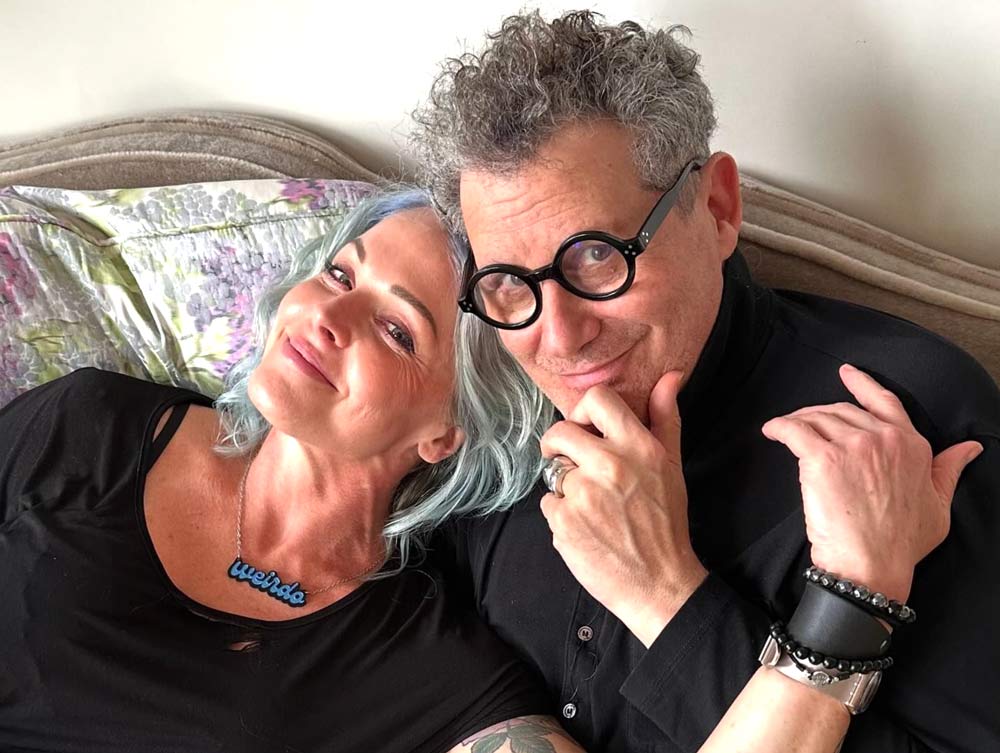
Source: Instagram
EDGE: That's what it is. It feels like you're the quintessential New Yorker and you're talking to friends like Alan Cumming, Belinda Carlisle, Bernie Telsey, Soledad O'Brien, Sandra Bernhard, Jeremiah Brent, and Bianca Del Rio. The first thing I heard was foodie and cookbook author Jake Cohen saying, "You can't give dick if you can't take it." How can you not want to listen for more?
Isaac Mizrahi: It's really true. Of all forty of those interviews, I think there were three people I didn't know but who I was obsessed with. Like Jon Lovett. I didn't know him, but I was on his podcast and I became absolutely obsessed with him.
EDGE: Did you ever think you would be a talk show or podcast host when you were younger?
Isaac Mizrahi: It's so funny that we are speaking about this very thing. If you look at my Instagram page (@imisaacmizrahi) just the last post or two posts ago I spoke about the fact that most people don't know that I began my career in the entertainment business. I went to the High School of Performing Arts for four years, and thought I was going to be an actor. For me, when I go on stage or when I take a part or any kind of job in a cabaret, I feel very easy about it. Whereas, I'm not sure an audience understands what they're going to come see, except they think that they're going to see me judge them on what they're wearing. I'm about to do a new show at 54 Below, and it has absolutely nothing to do with those shows. I began as a musician and an actor.
If you see me in real life I'm usually in flip flops and sweats. That's who I am, and when you worry about being judged by me, darling, please don't. I worry so much more about you judging me as a performer.
EDGE: How did you end up in fashion in instead of the performing arts?
Isaac Mizrahi: I just looked at myself at three and I wasn't fat, but somehow I was made to feel fat by my parents. I actually referred to fat as the first emotion I ever had. Fat was an emotion for me, and so I never felt right about myself as a performer. I never thought right [about it]. They say that I was one of the stars of my class and I got one of the starring roles – I'm not tooting my own horn, but I was very devoted to it. I loved it. But I didn't know about the possibilities that might have been for me. I had people in my class who were just gorgeous specimens, and I thought, "Okay they're going to get cast in the leads and I am not getting cast." My mother and father said it was a really bad business that was very, very competitive. They were doing this to protect me.
I was really into clothes. I couldn't stop making clothes and looking at magazines. I was so obsessed with that in my senior year that I made this U-turn, and instead of going to Julliard or Purchase with my friends, I went to Parsons and decided it would be easier for me to make a little money and get out of the house. It was a very religious house, and I couldn't come out. But when I did at 18, it was horrible and I had to move out. And I'm telling you, darling, I don't know anymore, but in 1978 or whenever it was when I was going to college, it was easier to get work as a fashion assistant in New York than auditioning for shows the way they described it at Performing Arts. I was too scared of living on the road, and so I went into fashion. You know, the kinder, gentler industry of fashion. If I had known, I would've run away and joined the circus when I was twenty.
